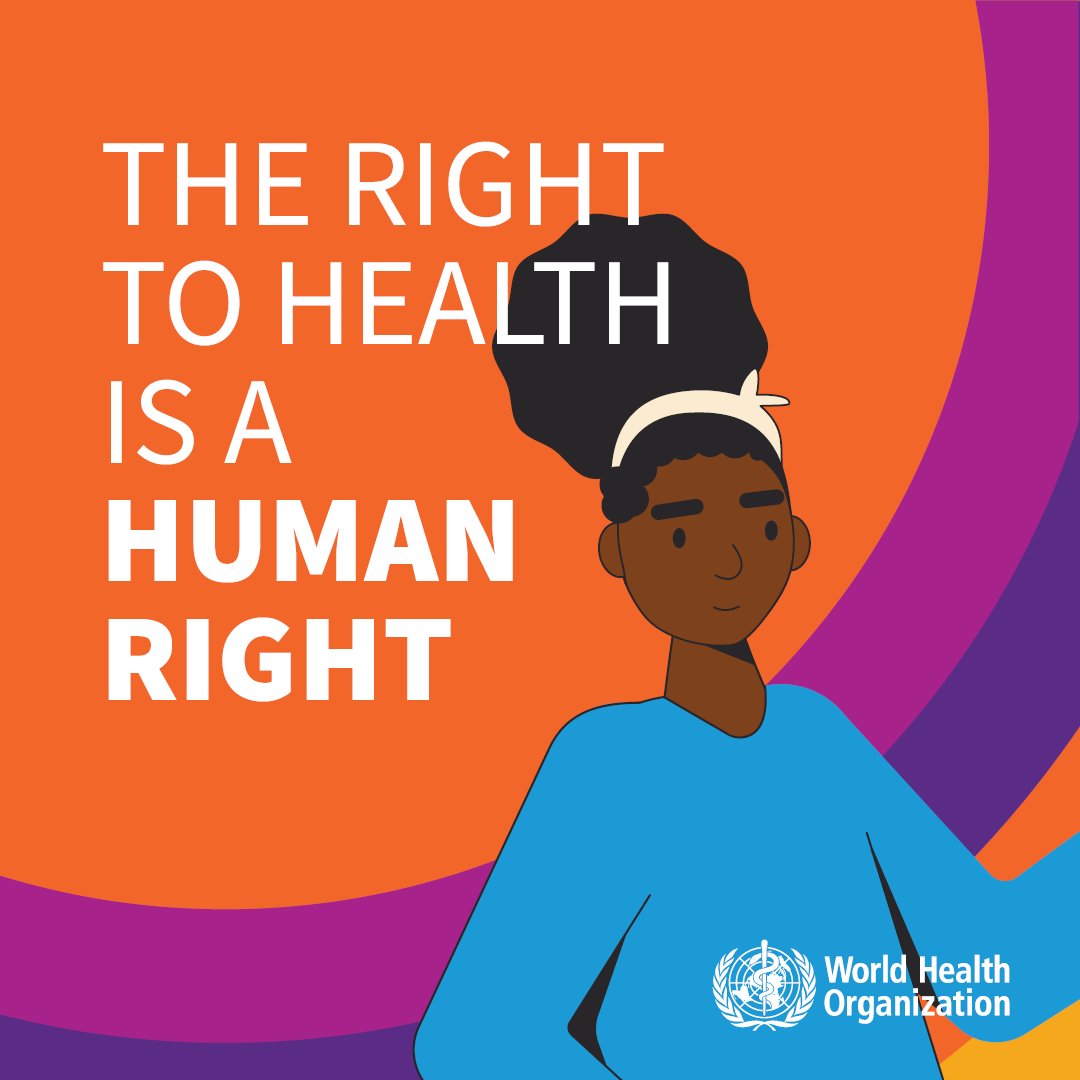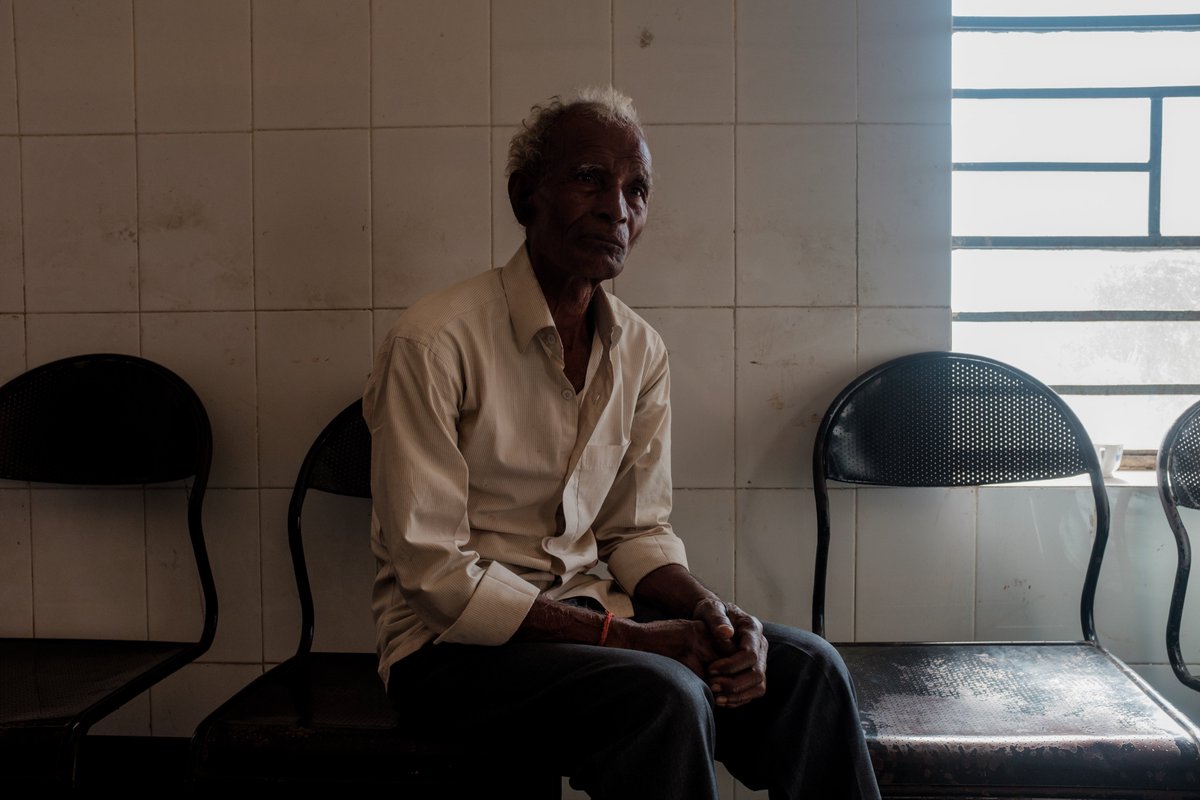
WHO has issued 🆕 tools to help countries respond to unusual cases of severe acute #hepatitis (liver inflammation) in children, incl. how to find & report cases.
The detection of cases across 5 WHO Regions is unusual & warrants detailed investigation.
📌 bit.ly/3xW9Fxs
The detection of cases across 5 WHO Regions is unusual & warrants detailed investigation.
📌 bit.ly/3xW9Fxs

As of 22 June 2022, 33 countries have reported 920 probable cases:
🔸cause remains unknown & it is being investigated
🔸actual number of cases may be underestimated due to limited surveillance in some places
🔸case count likely to ↗️ as more info & verified data become available
🔸cause remains unknown & it is being investigated
🔸actual number of cases may be underestimated due to limited surveillance in some places
🔸case count likely to ↗️ as more info & verified data become available

While a few cases of acute #hepatitis in children of unknown cause are reported, every year, some countries indicated that this year this number has been unusually high.
https://twitter.com/WHO/status/1541008591896956929?s=20&t=_-lzSAhxUobyo0NnEhPjPA
A range of investigations of the possible cause or causes is underway including detailed epidemiological investigations to identify common exposures, risk factors or links between cases. Investigations are also underway to assess where the number of cases is above usual levels. 

WHO strongly encourages Member States to report cases of severe acute #hepatitis of unknown cause in children matching WHO’s case definition.
See list of suggested data to report:
📊bit.ly/3nhy1Nf
See list of suggested data to report:
📊bit.ly/3nhy1Nf

The analysis of 🌐 data helps improve the response & further develop guidance by providing 🔑 clues into the disease:
🔹cause
🔹clinical characterisation
🔹natural history
🔹severity
WHO has developed a case report form to make data gathering easier:
🔎 bit.ly/3OG2a4F
🔹cause
🔹clinical characterisation
🔹natural history
🔹severity
WHO has developed a case report form to make data gathering easier:
🔎 bit.ly/3OG2a4F

WHO also strongly encourages countries to use this case report form so that we can have a standardized approach to understanding these #hepatitis cases.
https://twitter.com/WHO/status/1541016769137106944?s=20&t=_-lzSAhxUobyo0NnEhPjPA
• • •
Missing some Tweet in this thread? You can try to
force a refresh

















